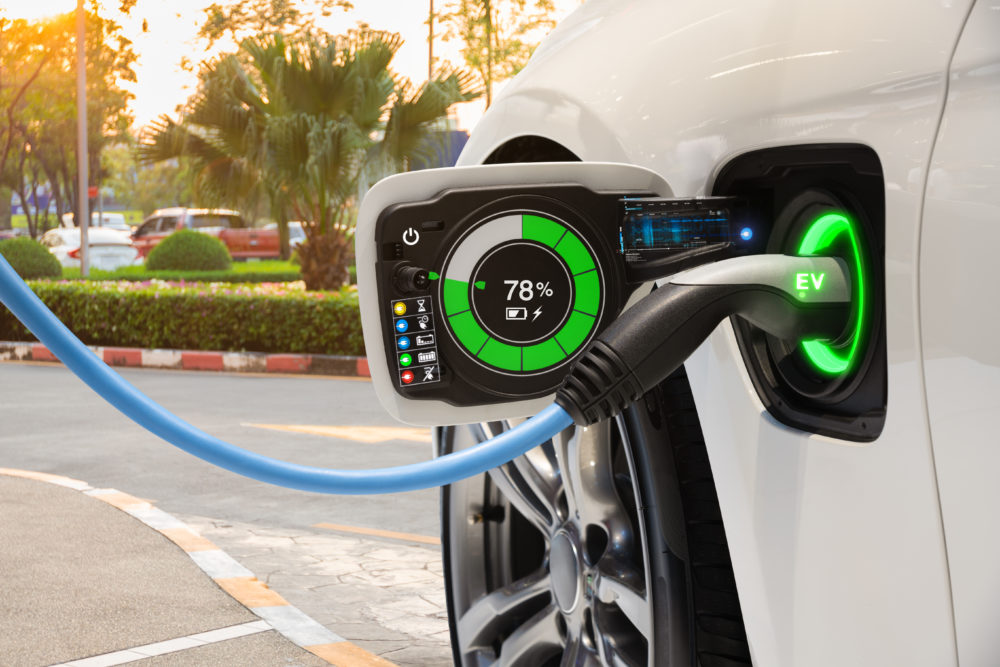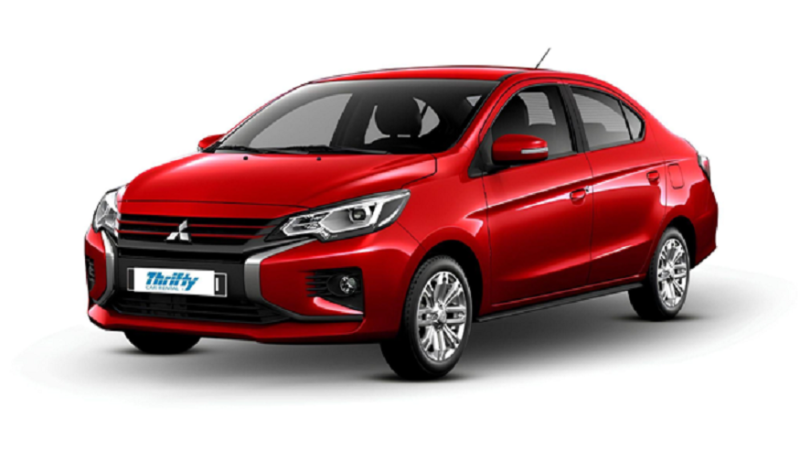Thinking of Buying an Electric Car? Read This First

If you’re thinking of buying an electric car, then congratulations in advance for wanting to be part of the environmental solution.
However, with apologies to car salespeople everywhere, getting the straight goods on what’s in store once you sign on the dotted line is easier said than done. And it’s simple to understand why: people who sell electric cars for a living, well, they want to sell electric cars! And some of them work on straight commission, which means that if customers like you don’t buy, then they don’t make a cent. That’s a lot of pressure, and it’s more than ample motivation for some salespeople to skew the truth a little bit — or sometimes, a lot. For more visit Volkswagen Golf Leasing.
And so, to help you avoid making a regrettable purchase, here are some of the key pros (which you probably know) and cons (which you probably don’t know) about buying an electric car:
Electric Car Pros:
- They’re environmentally friendly (no surprise there!).
- You’ll save estimates that the average electric vehicle will save a driver who travels about 15,000 miles a year around $850 in fuel costs.
- Electric vehicles typically require less maintenance than conventional cars, which makes life easier and also keeps total costs of operation (TCO) relatively lower over the long-term.
- You can charge your car at work, at home, and at a growing number of public spaces. For example, many IKEA stores now have a designated charging section of their parking for electric vehicles to get a boost while drivers are buying Swedish meatballs, bookcases, and so on.
- There’s virtually no engine noise, which means you won’t contribute to noise pollution (to be fair, this may also be a negative if you’re worried that pedestrians and animals won’t hear your car).
- Electric vehicles are generally considered safer than cars with internal combustion engines. For example, it’s almost impossible for an electric vehicle to explode on impact.
- You might be able to travel in the carpool lane of the highway or expressway even if you’re driving alone. Plus, you might get choice parking spots at the mall, airport, and so on.
- Demand for used electric vehicles is high, since there are relatively few of them. As such, if you decide to switch your ride in a few years you’ll probably have plenty of interested buyers.
Electric Car Cons:
- Some electric cars have limited range. For example, the Nissan Leaf can only travel about 110 miles on a single charge.
- While electric cars are usually well-made, they can and do run into problems. If you’re covered under warranty then you’ll be fine. However, outside of the warranty period parts and labor costs can be quite high.
- Electric cars have a higher initial price tag vs. conventional cars. However, as noted above this will be offset by fuel and maintenance savings over time.
- While manufacturers are adding more electric vehicles to their line-up each year, there is still limited choice compared to conventional vehicles. There may also be further limitations regarding colors (however, keep in mind that you can customize the color to virtually anything that you can imagine thanks to after-market car and truck wraps and graphics).
The Bottom Line
So, is an electric car right for you? It all depends on what you want and what you need. Hopefully, the above will give you a clear idea about what might be in store, so that you can ultimately make an informed and rewarding decision — one way or the other. For more visit Volkswagen Golf Car.






